After millet and apple hit their faces and Tmall Genie and small speakers hit their shirts, what can they do to save you and fall into homogeneous Chinese design?
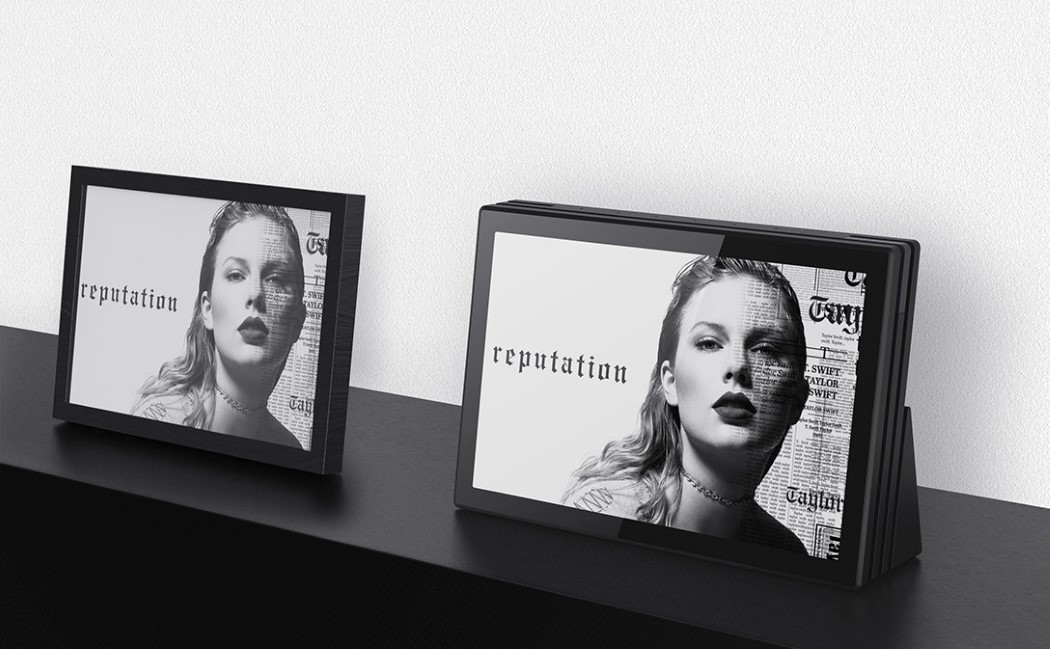
Recently, the science and technology circle has been quite lively. First, Xiaomi Mimoji was "similar" to Apple Memoji at the end of June, and then in early July, the Tmall Genie official "implied" plagiarism of small smart speakers.
Although Xiaomi and Baidu both made statements quickly, the widespread doubts still cast a shadow over Xiaomi's warm-up dynamic budding and Baidu AI developer conference. We can easily argue for a right or wrong from the official voice, but it is almost impossible to unify the praise and criticism of private users.
As for the "face collision" between millet and apple, the truth about the "shirt collision" between Tmall Genie and small speakers?
This is actually not that important.
In essence, it is just that different people have different perceptions of plagiarism boundaries, which is a matter of ideas and positions; consumers have their own judgments and designers have their own insistences; officials can question or produce evidence, but this often cannot change the trend of offline public opinion, because once the negative impression of the brand is formed, it will only be "twice the result with half the effort".
But to some extent, it is definitely a good thing for consumers to pay more attention to copyright awareness. It can urge enterprises to actively or passively increase their efforts to invest in "original design".
Since the future must be original, it is not good to be decent, take the initiative and give the design to the design.
We will not discuss the face-to-face collision on Mimoji and Memoji software for the time being. Is the smart speaker really only a big box, pop wind, dot gradient, MIC blind hole, key concave surface and front shell printing for the crash shirt on the Tmall wizard and small speaker hardware?
You know, the development of smart speakers is a little late. The software can be traced back to Siri, which was widely used in Apple's application ecology after 2011. The more representative hardware should be Echo released by Amazon at the end of 2014. However, the most influential ones in China should be Ding Dong in 2015, Tmall Genie in 2017 and small smart speakers in 2018.
Almost all the earliest smart speakers followed Amazon Echo's DNA, even the HomePod launched by Apple in 2017 is no exception. The first to jump out of the mold should be Raven H, launched by Baidu's raven technology in 2017, but its positioning cannot support its own price. After that, Google and the HomeHub launched in 2018 will not win, it attempts to be a smart home control center with a screen.
So, besides Echo without screen and HomeHub with screen, what other aspects can smart speakers break through?
(1)
Modeling avant-garde
○
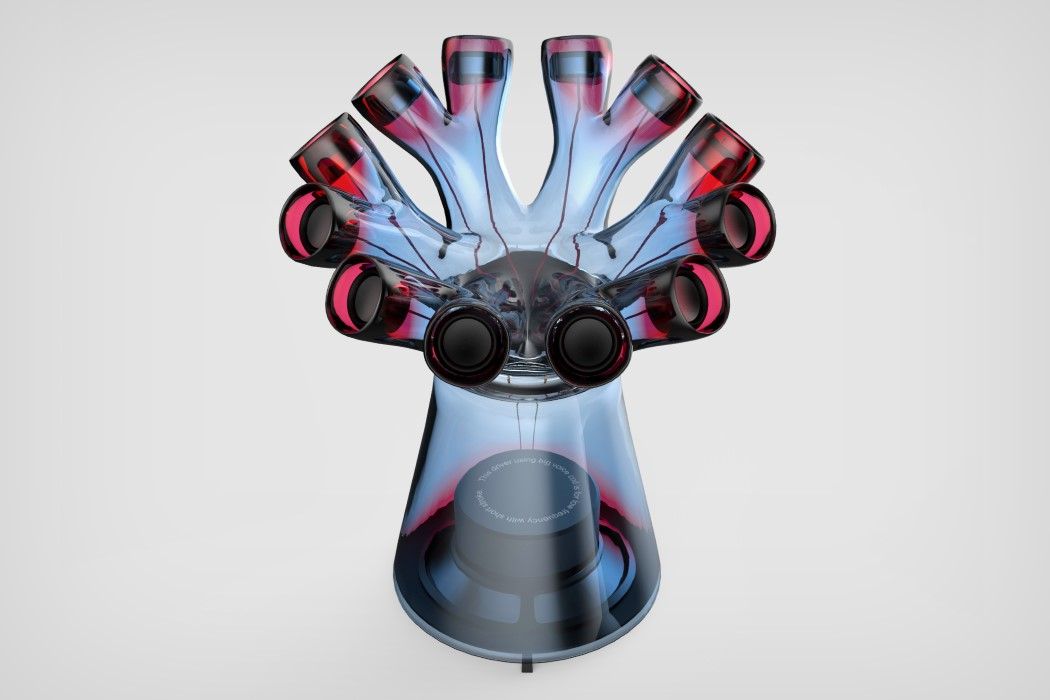
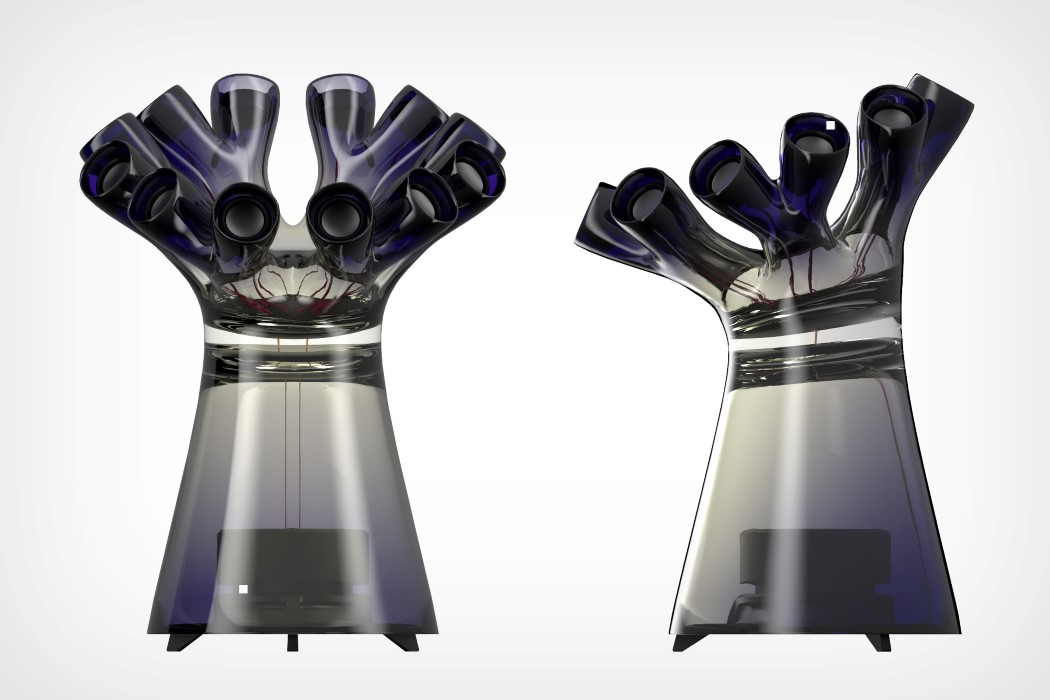
360 ° smart speaker designed by Lingsong Jin: Inspired by the tree-shaped sea anemone, the Actinia speaker has 12 tweeters at its radially symmetrical top and a woofer at the bottom; and because it uses a color-changing glass body, the Actinia is almost transparent.
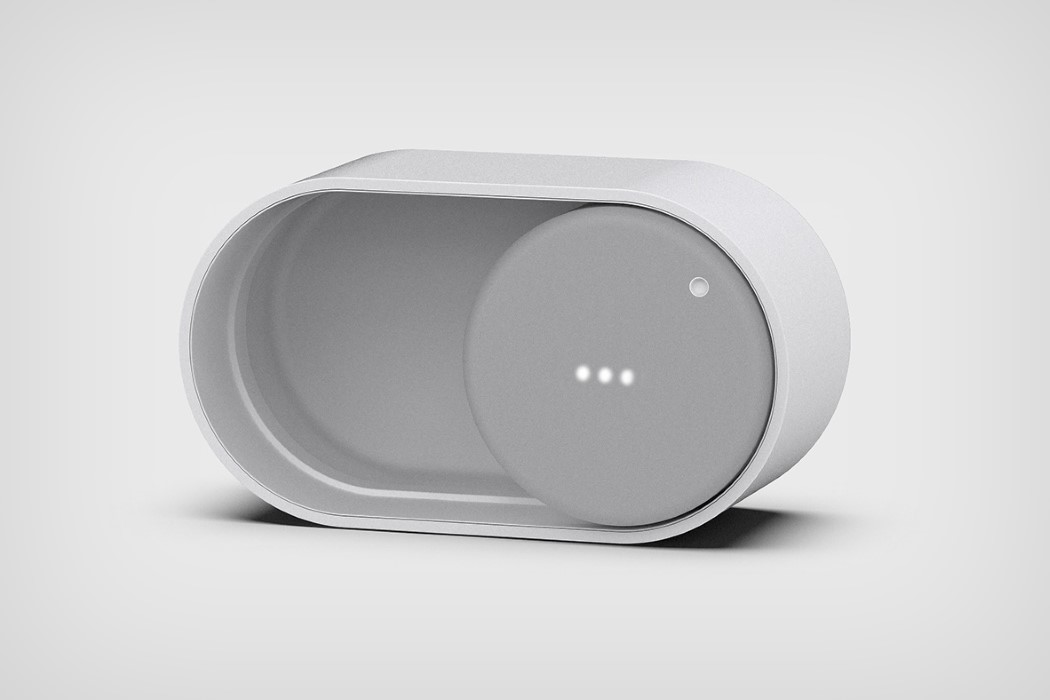
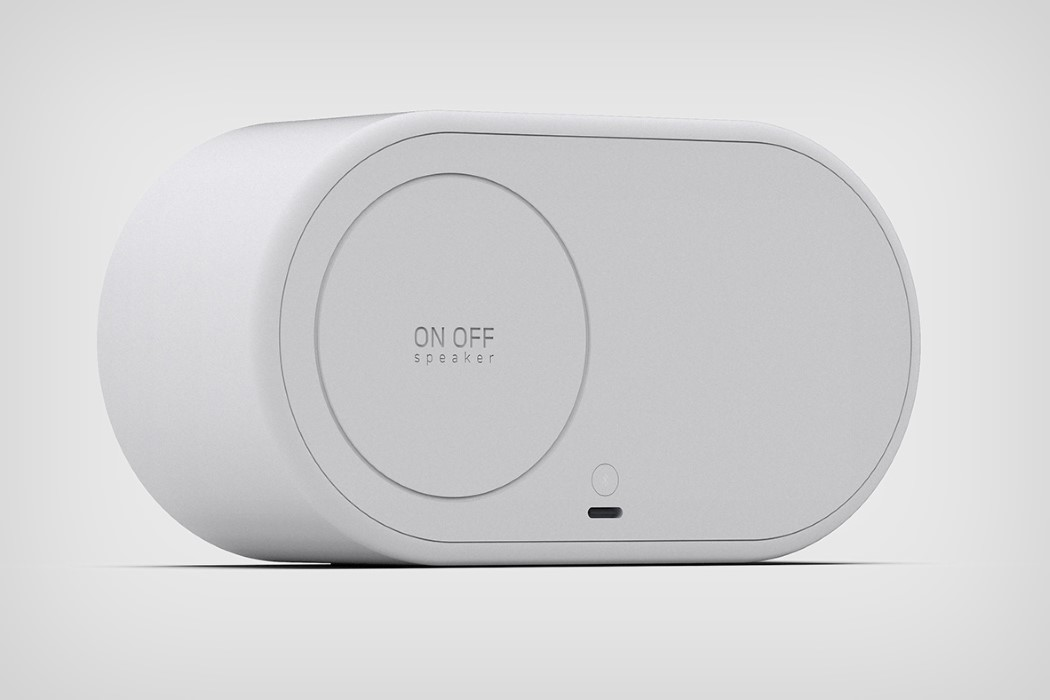
ONOFF speaker designed by Yongha Yang: It adopts the UI system in the area where the website and system are mostly set up. The circular speaker can move left and right to realize the switch. When rotating, it can control the volume.
②
Retro nostalgia
○
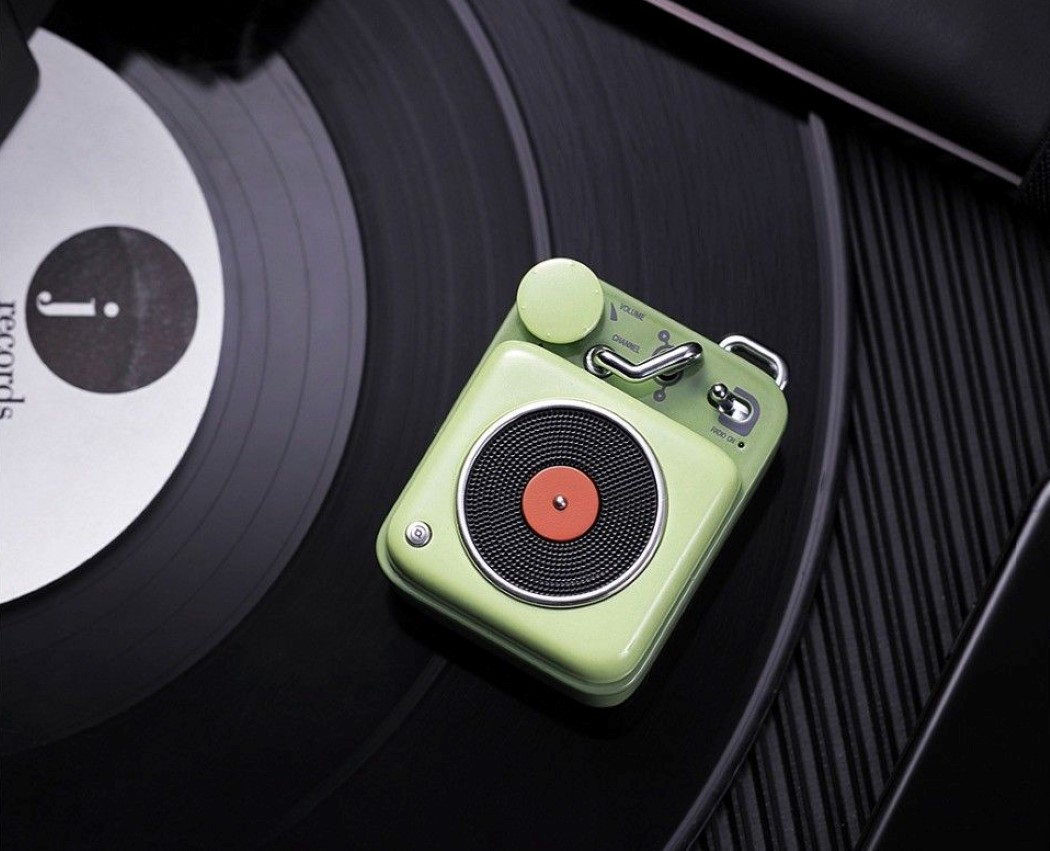

Bluetooth speaker Missom Elvis designed by Xiaomi Atomicz: This small and powerful speaker uses military olive green, and is equipped with vinyl speaker, simple on/off switch, volume control knob, and can support 7 hours of playback.

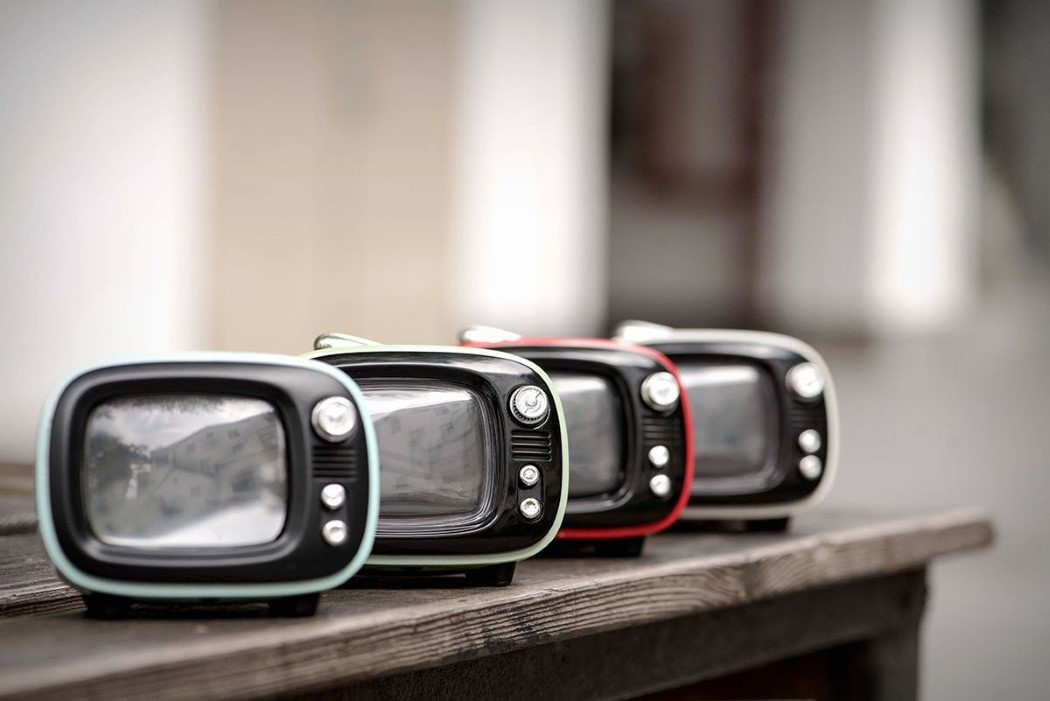
Wireless speaker QTV designed by lofree: equipped with curved screen, antenna, volume knob, alarm clock and timer button, and curved body movement color combination, beautifully complement its retro essence; capable of supporting 5 hours of playback.
(3)
Function nesting
○
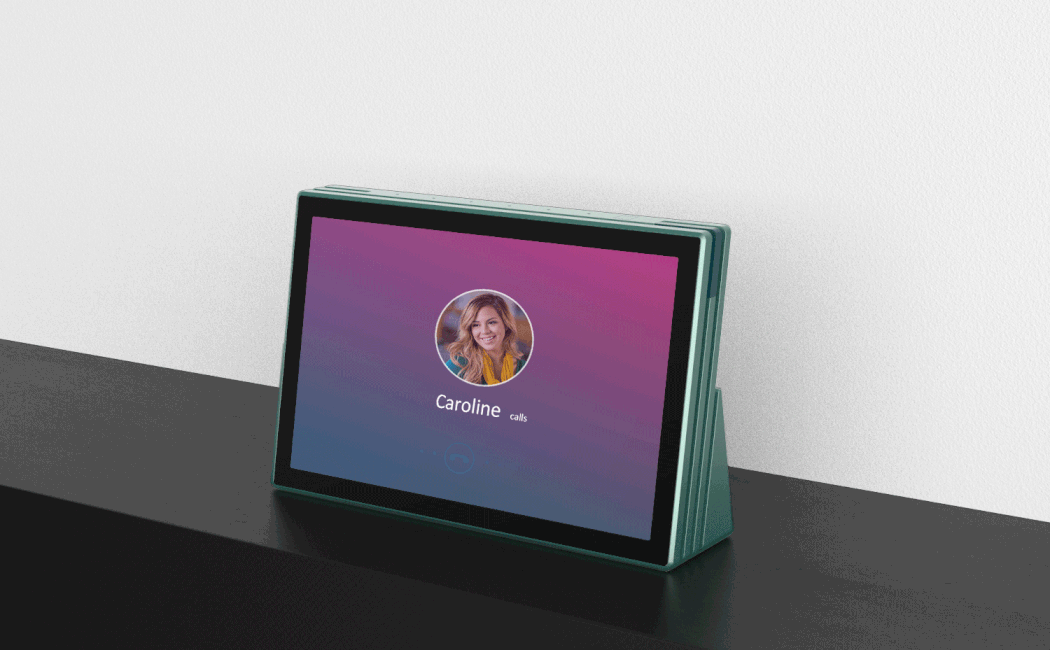

A smart speaker AI Assistant with display screen designed by Weilin D: it can command it to play music, answer or reject incoming calls, set reminders, control smart home products, or order things online; The display can also be separated as a flat panel.

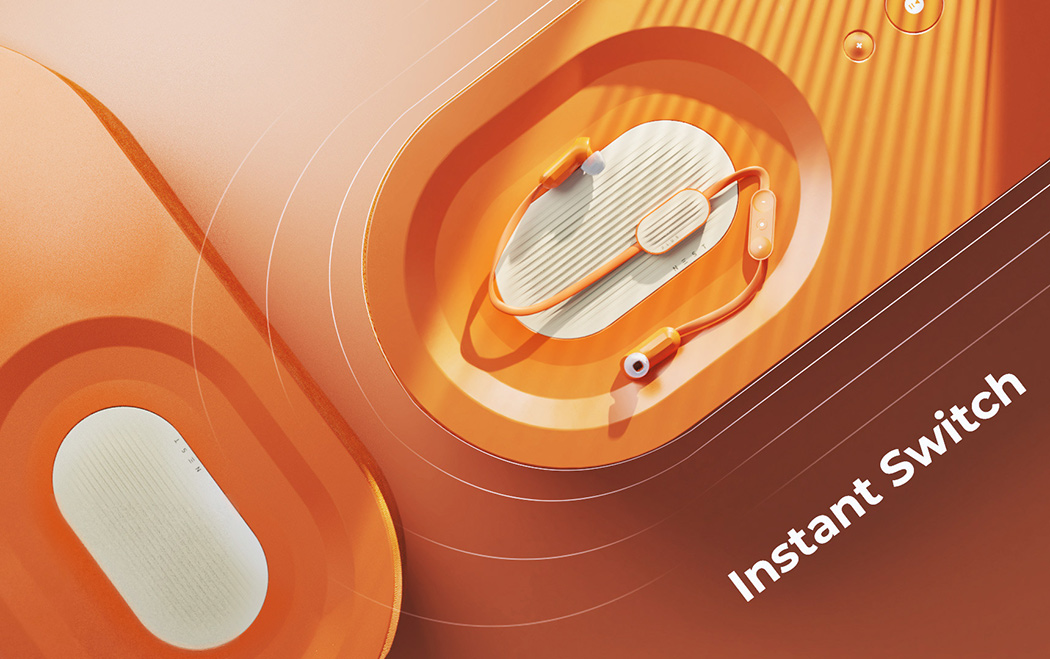
Headset "pan-tilt" Plus / Nest 2019 designed by Deepanjan Sinha: It can convert headphones to speakers into a seamless experience. Just throw your headphones on Nest and your audio will be automatically converted to speakers.
④
Scene fusion
○
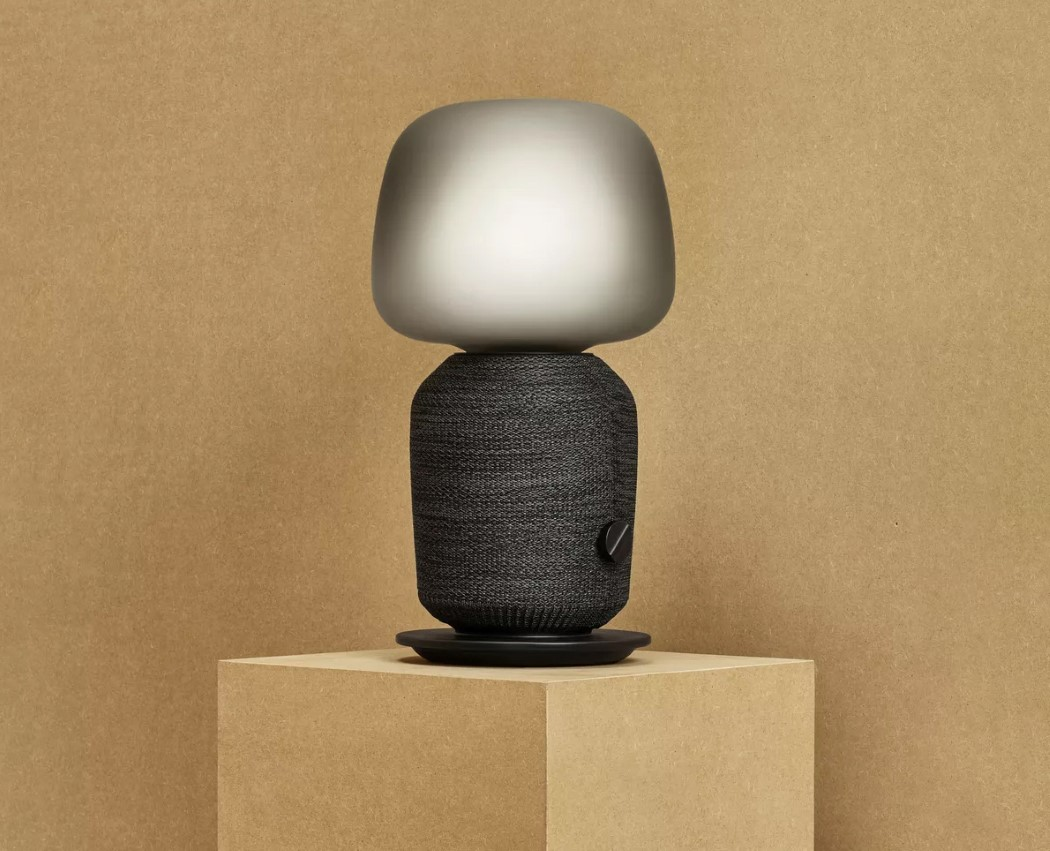
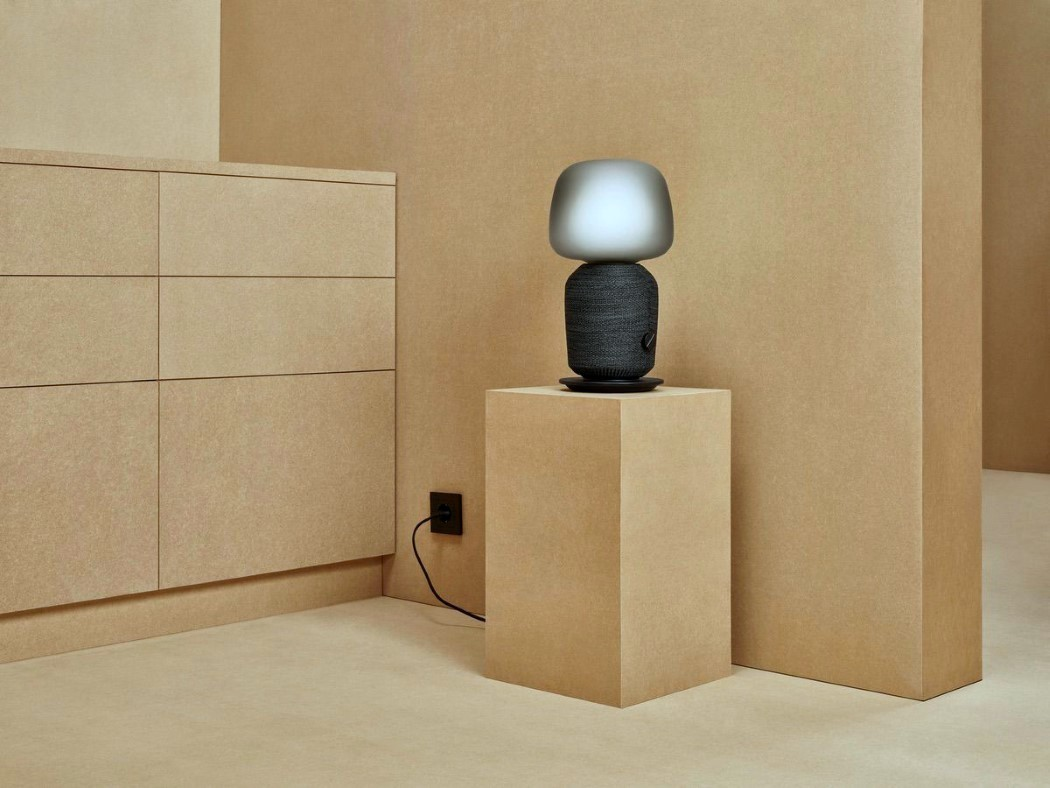
Symfonisk series jointly designed by IKEA & Sonos: This series includes two categories: desk lamp speakers and bookshelf speakers. The former has detachable lampshades and optional bulbs, which to a certain extent completes the integration of home decoration and intelligent technology.
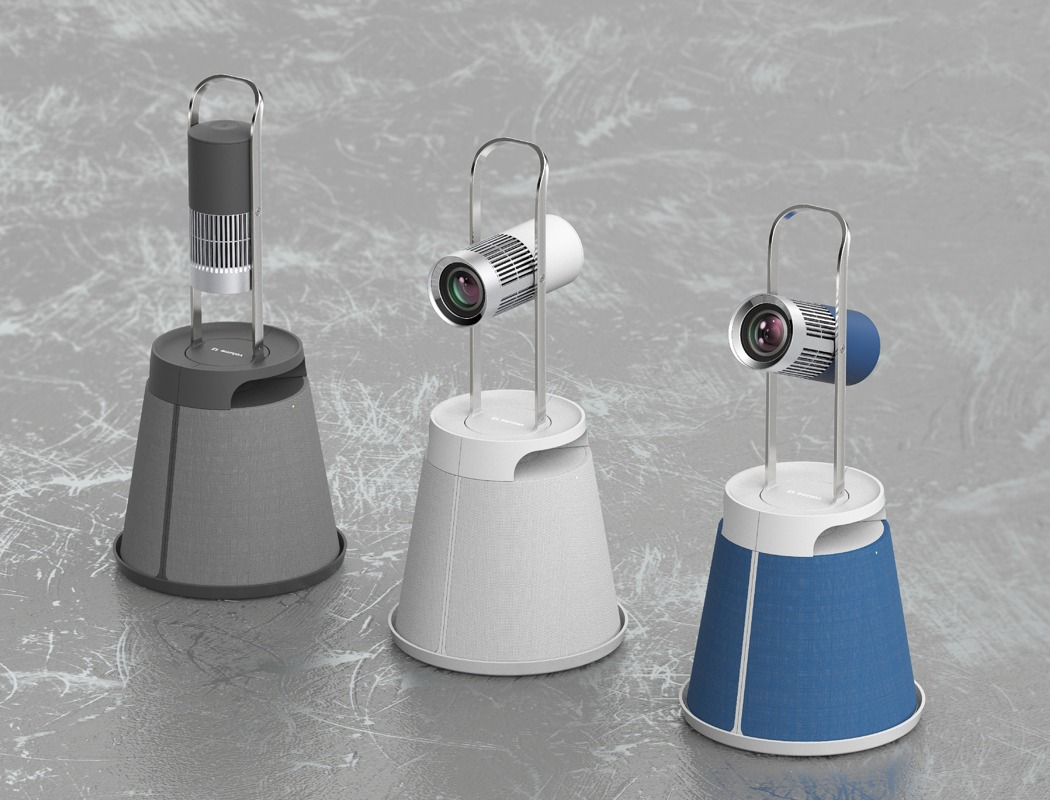

ASSEMBLE designed by Joonho Sung and Dong young Hong: In addition to projecting images to nearby walls, the speaker unit can be removed and placed anywhere the user needs for an engaging surround sound experience.

Most of the above cases are traditional speakers, which are essentially different from smart speakers.
However, instead of getting stuck in the quagmire of homogenization and accusing each other of spitting, or waiting for someone else's foreign brand to rebuild a tuyere, it is better to settle down and start from the traditional speaker, a close relative of the smart speaker, to redesign on top of the existing traditional speaker's design attainments, instead of going astray from scratch.
As above, avant-garde modeling is our basic need for a sense of technology and a sense of the future. Retro and nostalgia are our other extreme pursuit of the use experience. Functional nesting is to mix smart speakers with other elements, and scene fusion is to seamlessly embed smart speakers into other scenes.
Not all of the above four methods can be 100% realized, but this design thinking is worth learning. Moreover, the separation between smart speakers and traditional speakers is not a natural barrier. It may be simpler to give traditional speakers intelligence than to design a smart speaker from scratch.
Of course, these methods may be somewhat "radical", limited by application scenarios and consumption habits. The imagination of smart speakers has not yet exploded. However, in the already coming 5G era, high speed, low latency and ubiquitous network may activate the full potential of smart speakers as private terminals.
Moreover, compared with traditional human-computer interaction, voice has greater potential to become the first portal in the 5G era.
The magic of voice is so great that there is no reason for the future of smart speakers to be bad.
PS: Some materials come from @ yankodesign
The copyright of this work belongs to 何鲸洛. No use is allowed without explicit permission from owner.

New user?Create an account
Log In Reset your password.
Account existed?Log In
Read and agree to the User Agreement Terms of Use.

Please enter your email to reset your password
It's nice to have an article.
Rich
Intelligent voice is popularized and has great potential.
ha? Is that retro olive green sound designed by millet?